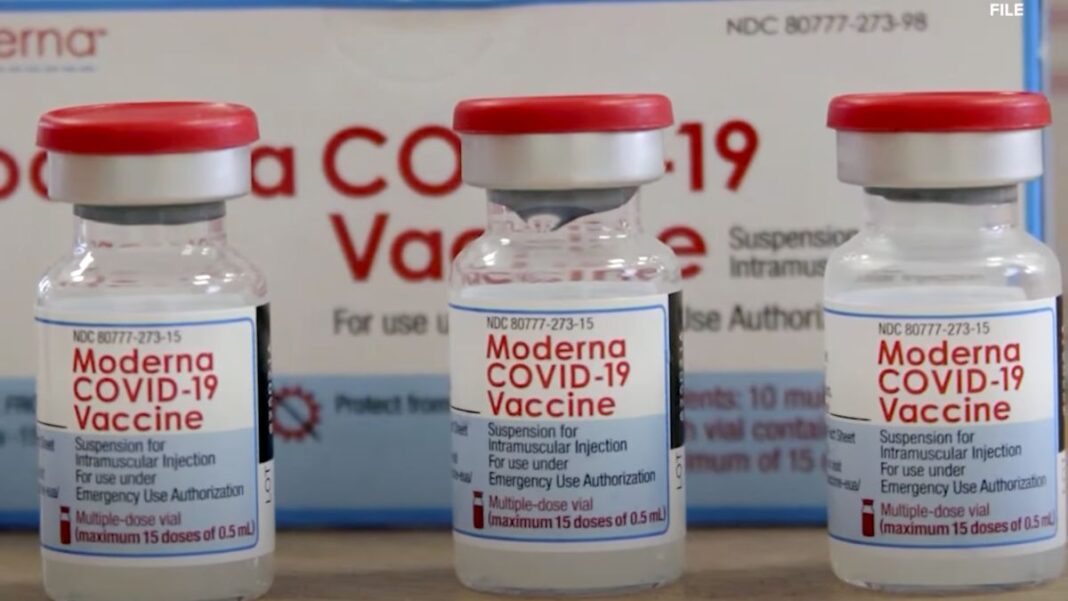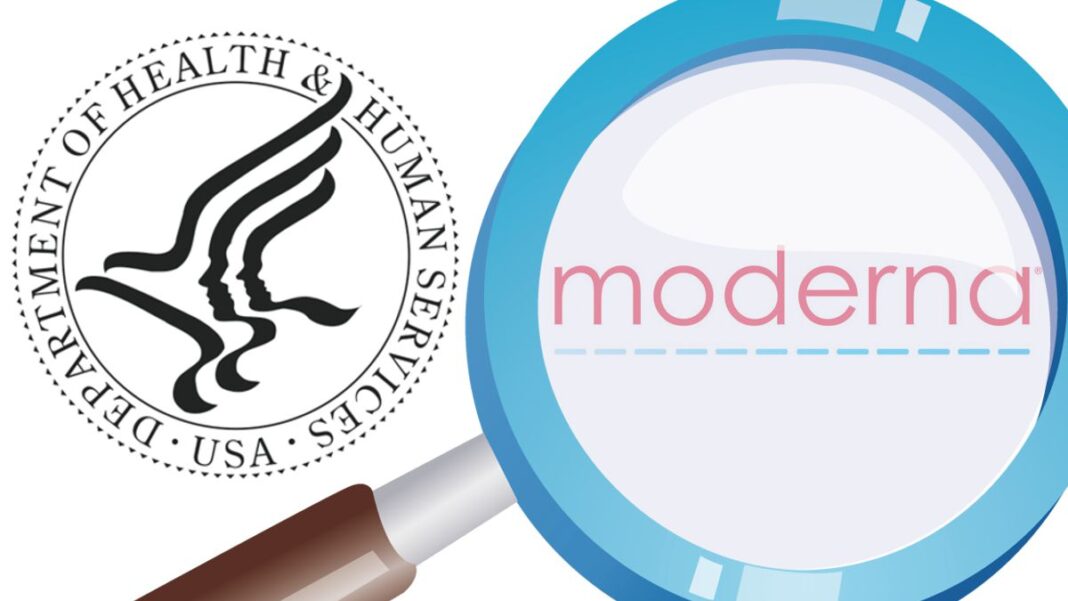The vaccine’s design differs from Spikevax, Moderna’s shot that has been available.
The Food and Drug Administration has approved Moderna’s next-generation COVID-19 vaccine.
The FDA licensed the vaccine for adults aged 65 and up as well as people aged 12 to 64 who have at least one condition that puts them at higher risk for severe COVID-19, the agency said on May 31. The vaccine is meant for “active immunization to prevent” COVID-19 for people who have been previously vaccinated with any COVID-19 vaccine.
“The FDA approval of our third product, mNEXSPIKE, adds an important new tool to help protect people at high risk of severe disease from COVID-19,” Stéphane Bancel, Moderna’s CEO, said in a statement.
People who suffered a severe allergic reaction after receiving any Moderna COVID-19 vaccine, or after receiving any ingredient of mNEXSPIKE, should not get the new vaccine, the FDA said in a package insert.
The vaccine, also known as mRNA-1283, utilizes messenger ribonucleic acid (mRNA), just like Moderna’s already-available COVID-19 vaccine, Spikevax. But it contains just 10 micrograms of mRNA per dose, compared to 50 micrograms in the available vaccine.
Moderna scientists have said that the new vaccine encodes epitopes, or portions of the COVID-19 spike protein, rather than the full-length spike protein.
In a clinical trial of 11,417 people, about half of whom received mNEXSPIKE, the immunogenicity triggered by the new vaccine was the same or better than that prompted by Spikevax, the company told a government advisory panel in April. A lower percentage of mNEXSPIKE recipients contracted COVID-19, and severe COVID-19, the company said.
Other clinical and nonclinical data support the new vaccine, Moderna told a government advisory panel in April.
“What remains consistent throughout all those investigations is this consistent pattern that mRNA 1283 outperforms Spikevax in terms of its ability to induce higher neutralizing antibodies,” Bishoy Rizkalla, a Moderna official, told the committee.
Moderna has not yet published the results in a journal, according to ClinicalTrials.gov, a government database.
FDA officials announced earlier in May that the regulator would only approve COVID-19 vaccines if companies provided clinical trial data showing the shots provided protection against symptomatic COVID-19 and other clinical endpoints.
The exceptions were for elderly adults and people with underlying risk conditions putting them at higher risk of severe COVID-19 outcomes, as defined by the Centers for Disease Control and Prevention. Those conditions include diabetes and obesity.








